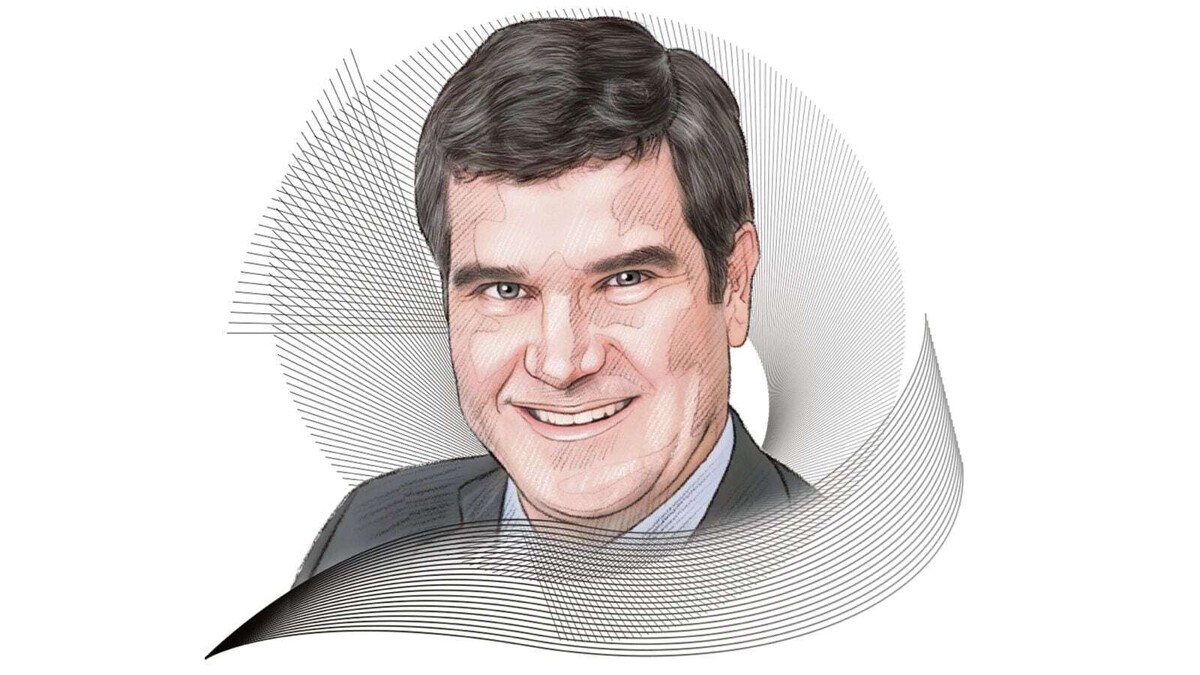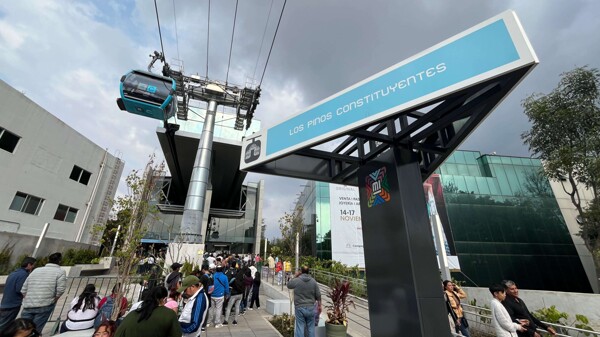
The real estate market in key cities of Mexico is booming, with a special focus on emerging areas that have become attractive to buyers and investors due to more modern infrastructure and better connectivity. TuHabi, a digital platform that facilitates the process of buying, investing, and selling properties, has identified a rise in property prices in places such as Vallejo in Azcapotzalco, Zapopan in Guadalajara, and Apodaca in Monterrey.
According to Sebastián Noguera, president and co-founder of TuHabi, areas like Vallejo have seen a 2.59% increase in prices, while Zapopan rose by 0.81% and Apodaca by 3.8%. Factors such as the expansion of the Suburban Train in CDMX and the construction of new shopping centers in Apodaca support this growth.
The affordability of prices per square meter in these emerging areas has favored investment, especially in comparison to consolidated areas of high demand. It is crucial to consider the government's new infrastructure plans to anticipate an increase in the value of these areas.
In another context, there has been some controversy regarding the participation of Jewish citizens in the ticket sales for the Maya Train, where it is pointed out that only the nationality of Palestinians is mentioned and not that of Israelis. Although the Israeli Embassy in Mexico denies having filed a formal complaint, Israeli citizens express their displeasure with this omission to authorities informally.
Small and medium enterprises (SMEs) continue to be a crucial pillar of the Mexican economy, generating employment and value. However, many SMEs struggle to survive after the pandemic, and it is vital to improve the country's competitiveness to effectively integrate them into the regional market. At the Annual Industrial Meeting of CONCAMIN, the importance of strengthening SMEs is highlighted, aligning with the current government's vision for their development.
Issues such as high energy costs and the need for infrastructure to improve border connectivity are at the center of business concerns. In the energy context, both Mexico and the United States seek to ensure efficiency and competitiveness to attract investments and maintain business flow.
The real estate market in cities like CDMX, Guadalajara, and Monterrey offers attractive investment opportunities in emerging areas, driven by factors such as infrastructure modernization and improved connectivity. Buyers and investors constantly seek to maximize their investment by evaluating the cost-benefit relationship that these growing areas can offer.














